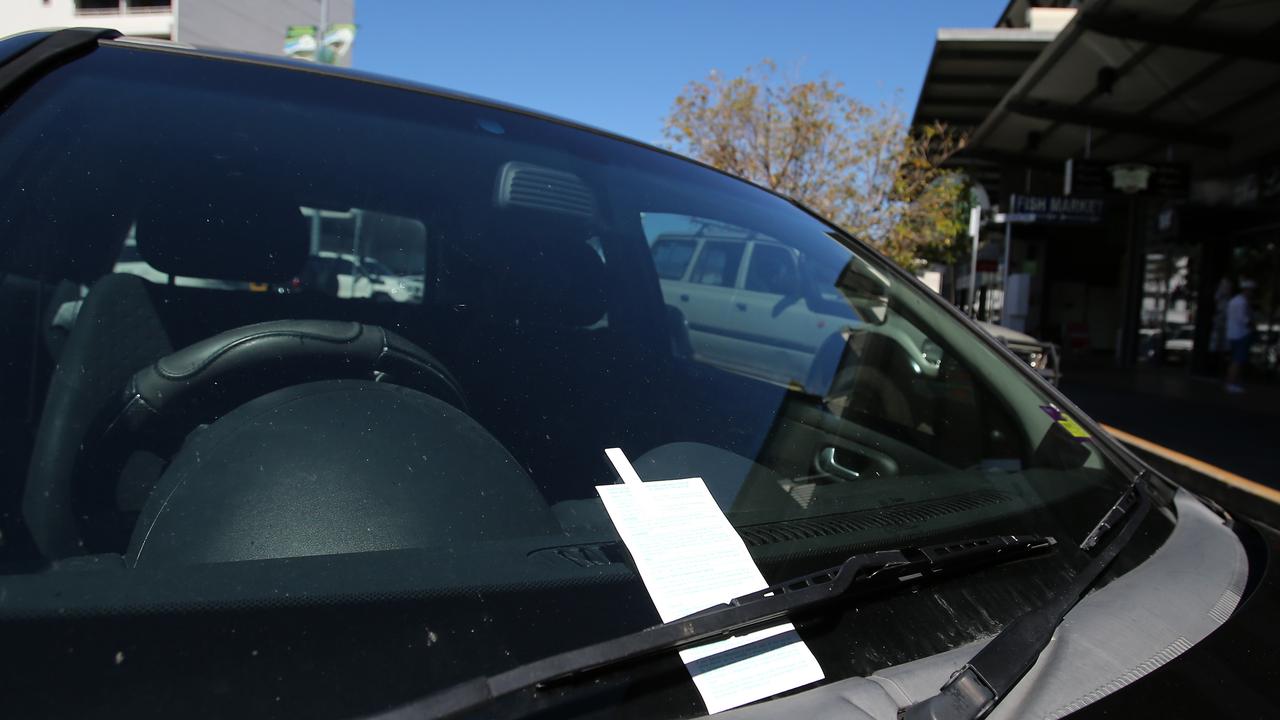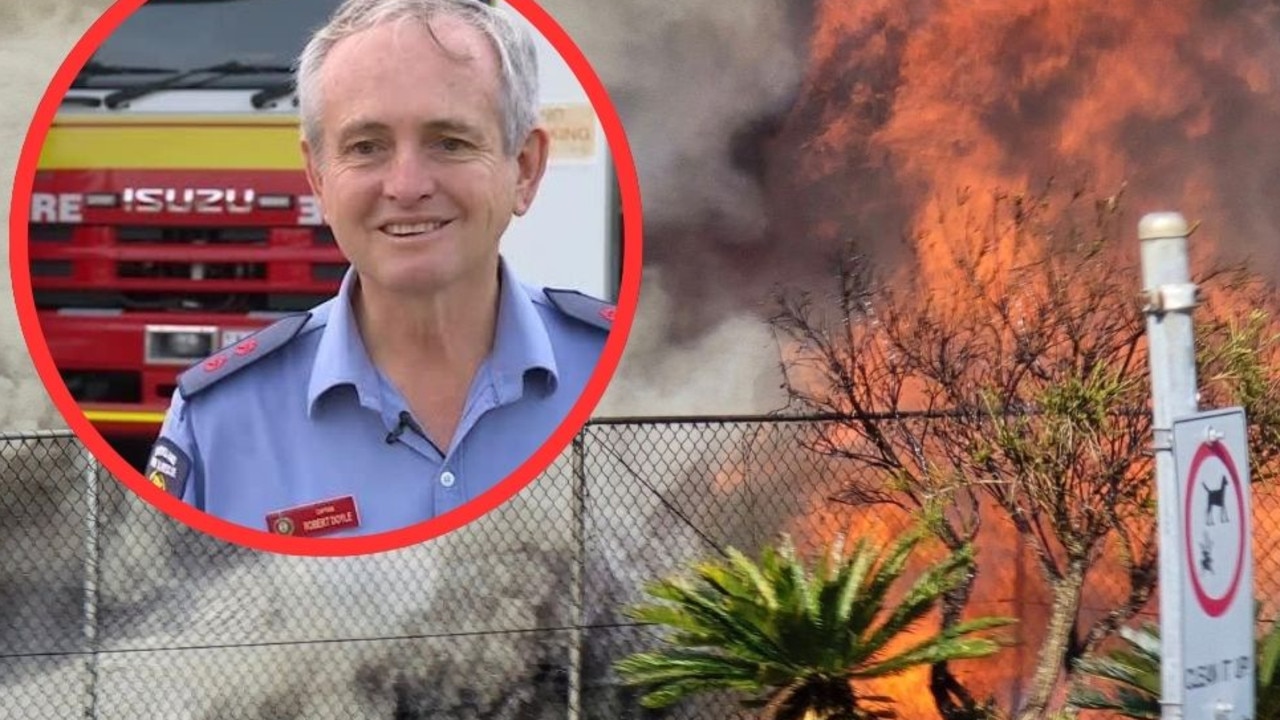Queensland Police Union president Shane Prior warns policing in Queensland is on the brink of collapse
With an average of one police officer a day walking away from their roles, the Queensland union president has raised fears they will never come back to the force.
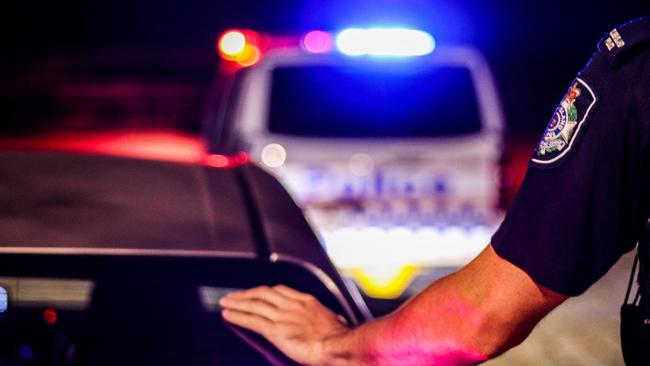
Cairns
Don't miss out on the headlines from Cairns. Followed categories will be added to My News.
With an average of one police officer a day walking away from their roles, the Queensland union president has raised fears they will never come back to the force.
Records reveal that 139 police officers resigned across the state in the first four months of this year.
While the Far North District has reported a record number of employed police officers, Queensland Police Union president Shane Prior has warned officers were struggling with burnout and understaffing, impacting both frontline response and their wellbeing.
Mr Prior said he had never seen frustration at this level, as officers reported feeling they were now social workers instead of cops.
“About one officer a day, every day, is walking away, quitting and probably never coming back to policing,” Mr Prior said.
“Now, I don’t know about you, but that’s a problem.”
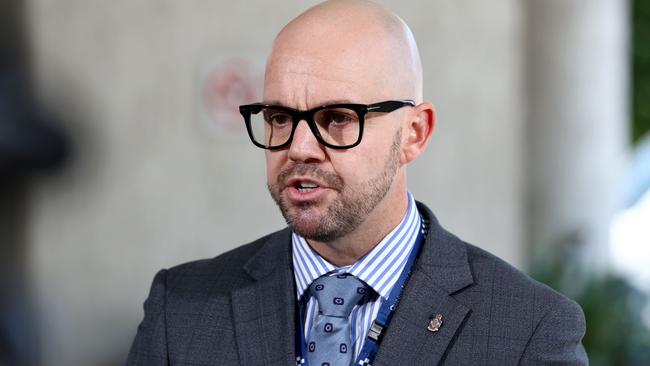
Mr Prior said officers have reported extreme burnout because they have become social workers instead of locking up the “bad guys”.
“They’ve become social workers or referees for people’s faulty relationship,” he said.
“Domestic and family violence fatigue is absolutely a driving force of why people are leaving this job.”
Mr Prior said recent consultations revealed police officers were feeling exhausted, and DFV services in Cairns were reportedly overwhelmed by demand, as the region contended with some of the highest DFV rates in the state.
“You will not find a police officer in Queensland that doesn’t want to protect victims of DFV,” he said.
“But the administration demands created by the police service is taking too long and we are doing the work of every other agency in the community.”
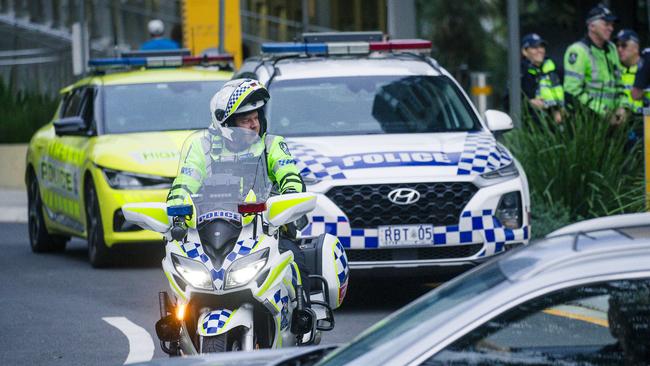
On average police are being called to a DFV incident every three minutes, with each call-out taking between five to six hours to complete, according to the union.
“A system has been created where police are so hamstrung,” Mr Prior said.
He said he believed victims’ lives were in danger under the current system.
“This is why the new government DFV legislation introducing police protection directions and body worn camera footage as evidence is so vital in cutting down that time,” Mr Prior said.
New laws introduced in April are set to allow police to do more to safeguard victims sooner and free up officers to respond quickly to other cases.
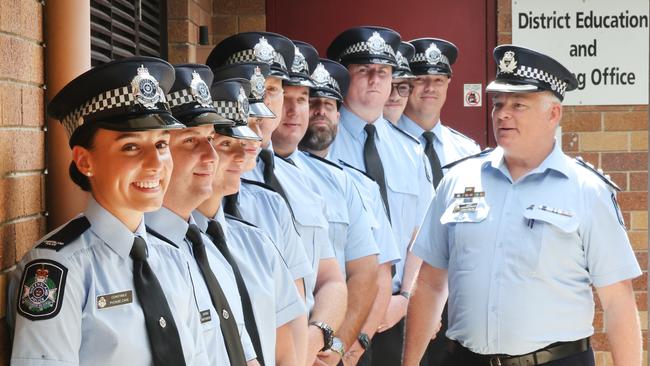
This includes a 12-month police protection direction which can be issued on the spot, offering immediate, long-term safety without court involvement.
The directions prohibit a respondent from committing domestic violence against the aggrieved or a named person for one year, with a maximum penalty of three years’ imprisonment for violations.
Additional conditions may include cool-down, ouster, return or no contact provisions.
But Mr Prior said Cairns was also facing a lack of experienced officers, with many leaving the force, and those who stay often mentoring multiple first-year constables at one time.
“That’s unsustainable,” he said.
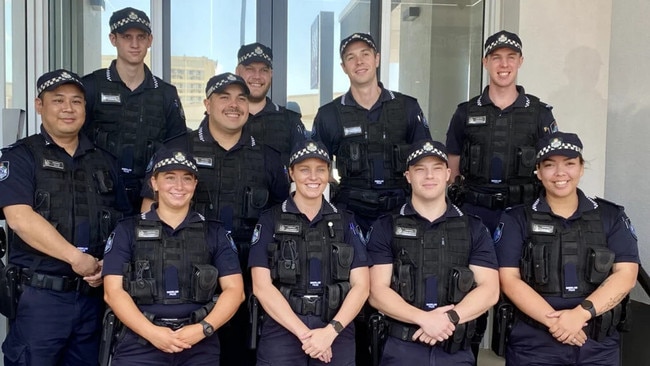
For every full-time officer in Cairns, they were training up to three new recruits at the same time, according to the union.
This means four police officers who could otherwise form two separate patrols are instead riding together on shifts.
Mr Prior said this limited the number of crews on the road, slowed response times and increased burnout.
“(It’s) just a dreadful thought when you consider the ramifications of not attending because we didn’t have enough police resources to attend,” he said.
A Queensland Police spokesman confirmed Cairns has 77 vacant positions across the Far Northern Region.
To help address the vacancies, 16 first year constables will be sworn in next week and are set to be stationed across the district.
“A highly competitive labour market has created recruitment and retention challenges for policing jurisdictions across Australia, including Queensland,” the spokesman said.
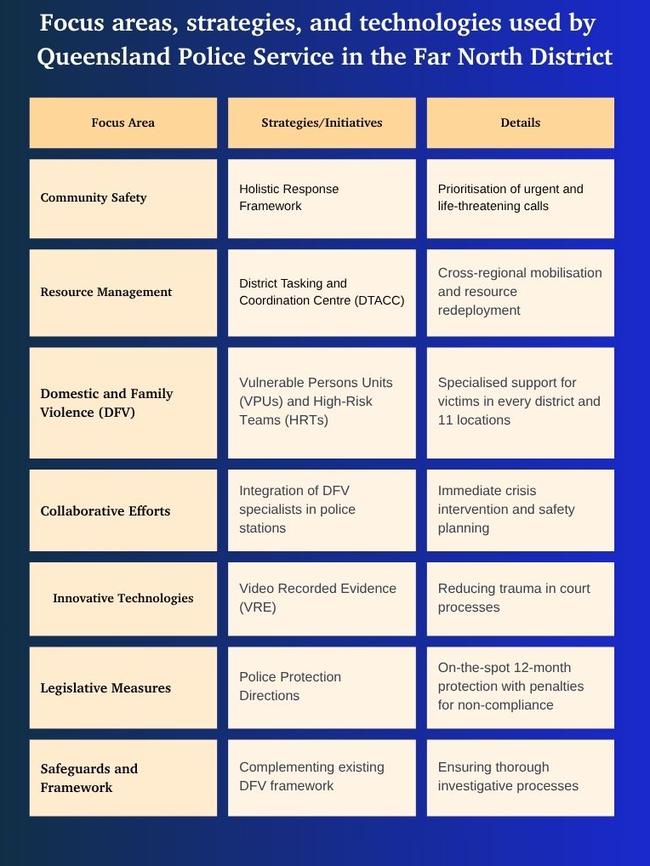
“Most police who leave the QPS from the Far North are due to age retirement.”
QPS confirmed first-year constables are required to work alongside a training officer for the first two months following graduation.
After the first two months, it drops to 50 per cent of their shifts for the remainder of their first year.
“We are consistently and proactively reviewing our retention strategies to ensure we retain personnel, including experienced police,” the spokesman said.
“Officers attached to the Far North District perform their duties to a high standard in often challenging circumstances under high demand.”
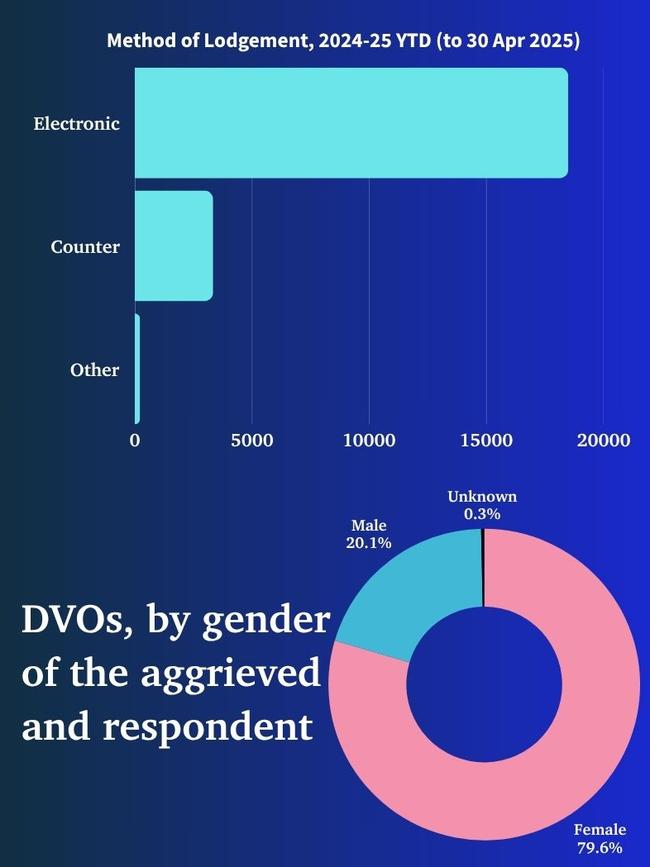
The spokesman outlined a holistic framework which aimed to ensure urgent and life-threatening calls for service were always prioritised.
This includes strengthening government and sector partnerships, working together to embed DFV specialist practitioners in police stations to provide a collaborative response to immediate crisis intervention and safety planning for the victim.
Mr Prior said addressing DFV in Queensland required greater investment in early intervention and perpetrator programs.
“If we want to break the cycle, we need to invest in families now — not in a decade,” Mr Prior said.
“We have to make sure future generations grow up in homes free from violence.”
More Coverage
Originally published as Queensland Police Union president Shane Prior warns policing in Queensland is on the brink of collapse




